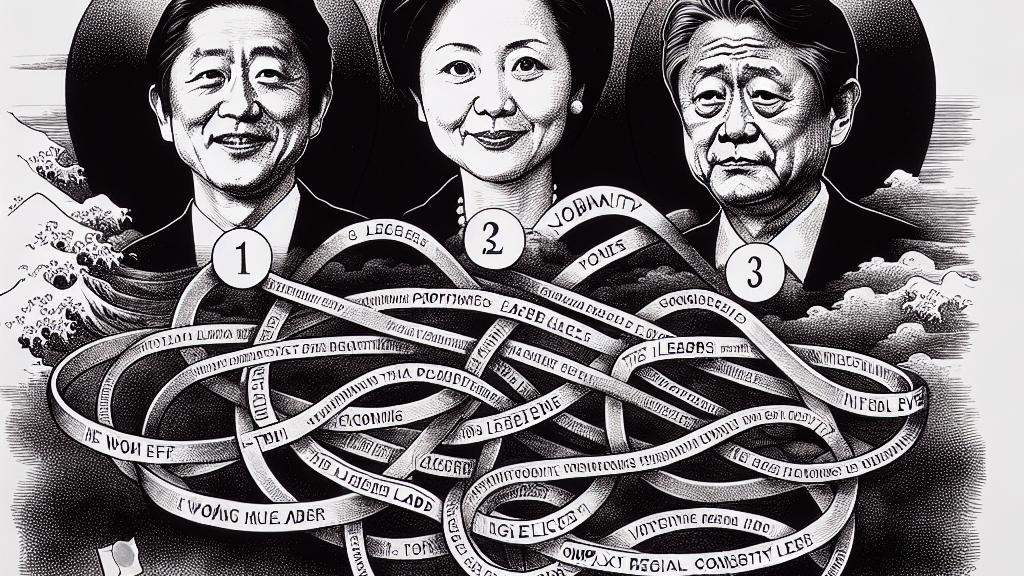Japan's LDP Leadership Race: A New Era Begins
Overview
- Japan's LDP faces a crucial leadership change following political scandals.
- Three main candidates represent diverse paths forward for the nation.
- The election results could reshape Japan's policies and public trust fundamentally.

A Historic Leadership Change in Japan
On September 27, 2024, Japan found itself at a crossroads as the ruling Liberal Democratic Party (LDP) held an election to select a new leader, following Prime Minister Fumio Kishida's sudden resignation amid a whirlwind of scandals. This moment in Japan's political history is not merely a routine change; it is a defining instance that could result in the election of the youngest prime minister ever or the first woman to hold the office. The three frontrunners—Shinjiro Koizumi, Sanae Takaichi, and Shigeru Ishiba—each embody distinct visions and policies that resonate with different segments of Japanese society, addressing urgent challenges like escalating living costs and complex regional security concerns.
Diverse Candidates Bring Varied Perspectives
Shinjiro Koizumi, at just 43 years old, carries the legacy of his father, former Prime Minister Junichiro Koizumi, known for his charismatic leadership between 2001 and 2006. While his youthful energy attracts younger voters, going so far as to present ideas for modernizing Japan's workforce, his controversial labor initiatives may alienate more traditional party members. In contrast, Sanae Takaichi, 63, stands poised to potentially make history as the first female prime minister, yet her hardline nationalist views could stir relations with neighboring countries. Meanwhile, veteran politician Shigeru Ishiba, who has fought valiantly through five previous electoral campaigns, still garners significant support from the grassroots. Each candidate's unique background and beliefs serve as a microcosm of the broader political dynamics at play in Japan, ultimately reflecting the hopes and anxiety of the electorate.
The Stakes: What This Election Means for Japan's Future
As Japan's LDP has historically maintained a tight grip on political power since its establishment in 1955, the implications of this leadership election extend well beyond internal party dynamics. The newly elected leader will not only wrestle with pressing issues, like a faltering economy and rising inflation but also navigate growing security threats from North Korea and an increasingly assertive China. As general elections loom in 2025, the incoming leader must not only work to unify the party and restore public trust but also reevaluate Japan's stance on international relations and trade. This pivotal moment is a testament to how much is at stake—both for the future of the LDP and for the country at large. Whether a revolutionary reformer or a staunch traditionalist takes the helm, the choices made during this critical electoral process will undoubtedly shape Japan's path for years to come, influencing policies that will impact the lives of citizens nationwide.

Loading...